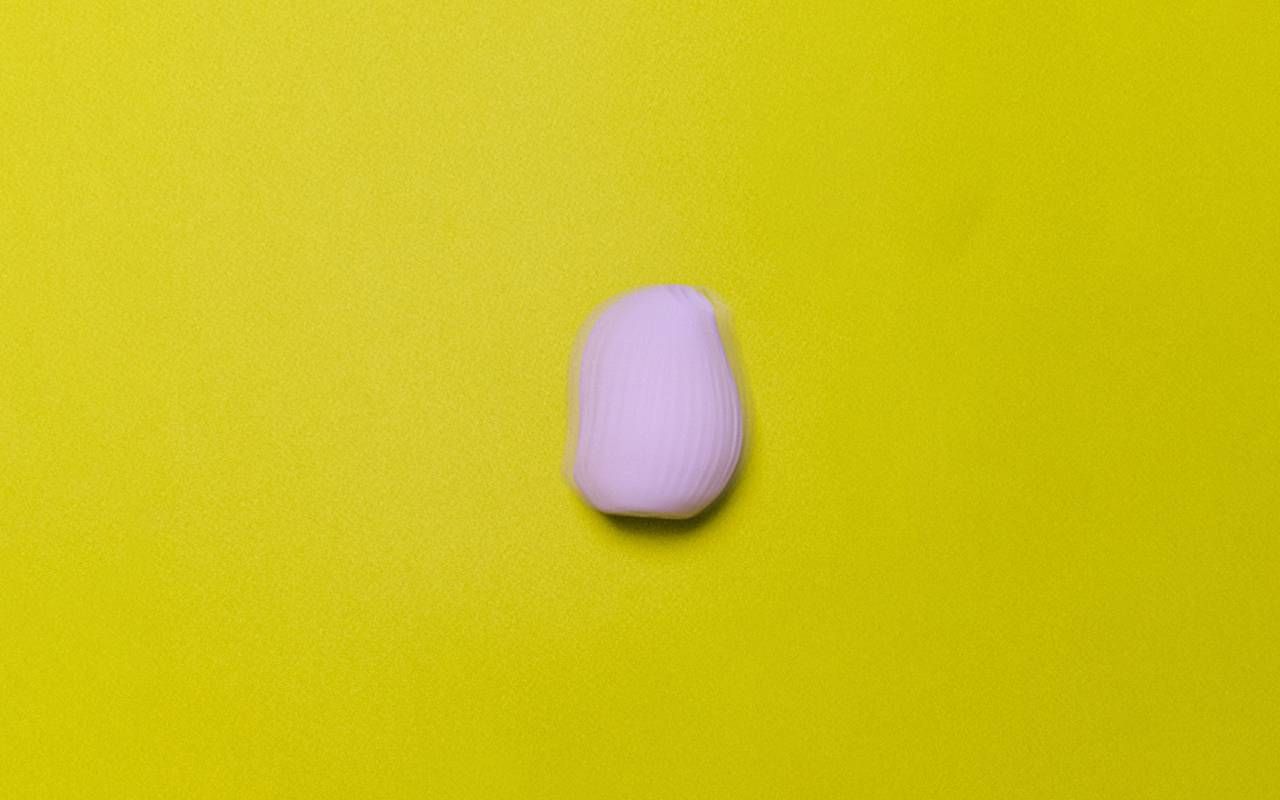Sex After Menopause: Is It Time for a Vibrator?
Using a vibrator may improve women's sexual desire and overall experience
As most women discover after menopause, having sex is challenging. A low libido, vaginal dryness and burning can make sex uncomfortable, if not painful.
Some women decide it's the time to close this chapter of their lives, but others, who want to maintain a healthy sex life, find they need far more than they once did to feel aroused and ready to engage.

Enter the vibrator. The sex toy that conjures up seedy sex shops and back-of-the-book advertisements in adult magazines is having a rebrand. Not only can they be easily ordered from major online chains and national cosmetic stores, but physicians specializing in women's health endorse their use.
The sex toy that conjures up seedy sex shops and back-of-the-book advertisements in adult magazines is having a rebrand.
"Vibrators can benefit sexual health," said Alexandra Dubinskaya, MD, a urogynecologist at Cedars Sinai Medical Center and the lead author of a new study showing the benefits of vibrators for maintaining vaginal and pelvic floor health and increasing arousal.
"Vibrators help achieve orgasm, lubrication, and a positive sexual experience. Using a vibrator may improve women's sexual desire."
Clinicians have used vibration for years to treat pelvic floor dysfunction, urinary incontinence and vulvodynia, and doctors have used vibration to promote bone health and muscle strength. By improving circulation and blood flow to and between vaginal tissues, it can also "remove the pain component from vaginal penetration," said Dubinskaya.
Vibrators in the Tool Kit
Recent surveys show that fewer than half of post-menopausal women are sexually active. About two out of five women aged 50 to 80 report being sexually active in the past year, and that percentage drops to 30 percent for women over age 65.
While some women may find closing out their sex life a relief, the experts interviewed for this article suspect that many post-menopausal women may be doing so in response to the pain and discomfort of the genitourinary syndrome, a constellation of symptoms ranging from vaginal pain and irritation to extreme dryness, burning and painful urination.
"Eighty percent of post-menopausal women have the genitourinary syndrome of menopause (GSM), and half of them have problems with intercourse," said Samantha Dunham, MD, co-director of the Center for Midlife Health and Menopause at NYU Langone Health in New York. "It's common and easy to treat."
Treatments generally include vaginal estrogen cream or tablets taken daily for two weeks and then twice weekly, along with a vaginal moisturizer. A vaginal dilator, a tube used to stretch the vagina, can address pain associated with a tight pelvic floor and can be used alone or with the help of a pelvic floor therapist, said Dunham.
The genital area is still part of our body and we should take care of it the same way we take care of other parts of our body.
As with vibrators, they can remove the pain associated with vaginal penetration, but women with GSM, who have thinner, less elastic vaginal tissue, should exercise caution.
"Using a vaginal moisturizer routinely, using a lubricant during sex and actively treating GSM with prescription treatments can help," she said. Research shows that doing the work to continue having sex as we age is worth the effort.
Older people with an active sex life have lower stress levels, better heart health, more quality sleep, and a closer relationship with their partner. Additionally, post-menopausal women who remain sexually active maintain the health of the pelvic floor and the vaginal wall.
The experts interviewed for this article acknowledged that the process might not be easy and often demands planning and experimentation. Still, they agree the physical and emotional benefits of sex life can be significant. Vibrators, they say, can help.
"They increase a woman's ability to achieve orgasm, which in turn can improve sexual desire. It's positive reinforcement," said Dubinskaya.
Additionally, she said, they can be used by people who are not partnered. For women who are, they can experience pleasure for themselves and then introduce the use of a vibrator during sex, where it can be incorporated into sex play.
"Everyone has a choice (whether to maintain a sex life)," she said, "but in general the genital area is still part of our body and we should take care of it the same way we take care of other parts of our body."
Vibrator Curious? Where to Find One
Not long ago, getting a vibrator meant skulking into a tawdry adult sex shop with your head down and paying as quickly as possible before rushing out the door.
If you dared to shop online, you hoped you didn't inadvertently end up on a porn site. Once you got it home, you hid it in a drawer under at least a few layers of underwear and maybe a little embarrassment.
Thankfully, the vibrator's sordid days are in the past. Vibrators have been redesigned as sleek and colorful companions in varied shapes, with some for penetration, some for use externally, and still, others that can be used both ways.
They can be found on Amazon, at major chains including Sephora and Ulta, and in a new genre of sex shops — both brick and mortar and online — that are women-owned, often by certified sex therapists with a focus on sexual health and wellness, as opposed to kink.
It's essential to select a vibrator that is medical grade and check to see if the company selling it has a medical advisory board.
"The sensibility and sensitivity are already in place," said Ellen Barnard, a certified sex educator who co-owns a sexuality resource center in Madison, Wisconsin.
"If you're looking online, do a search for woman-friendly sex shops and consider using a good private browser. If you land on a site and you're uncomfortable, get off right away."
According to Susan Kellogg Spadt, Ph.D., the director of Female Sexual Medicine at the Center for Pelvic Medicine near Philadelphia, it's essential to select a vibrator that is medical grade and check to see if the company selling it has a medical advisory board.
"Inexpensive is not always best," she said. "Plastic vibrators are cheaper, but they can be porous and can harbor bacteria." If women have health concerns or hesitancy, Kellogg suggests discussing with a gynecologist, a pelvic floor physical therapist, or a primary care doctor.
"If they aren't comfortable giving you advice," she said, "ask them to refer."
According to the experts, making an effort to continue to enjoy a satisfying sex life after menopause — which could include using vibrators or other sex toys to enhance sexual health — and learning the new ways your body responds and what works and what doesn't is time well spent.
"People have a much more positive self-image" when they reestablish a sex life, said Dunham. "They come in wanting that to happen, they're seeking it again. It was an important part of their life."


